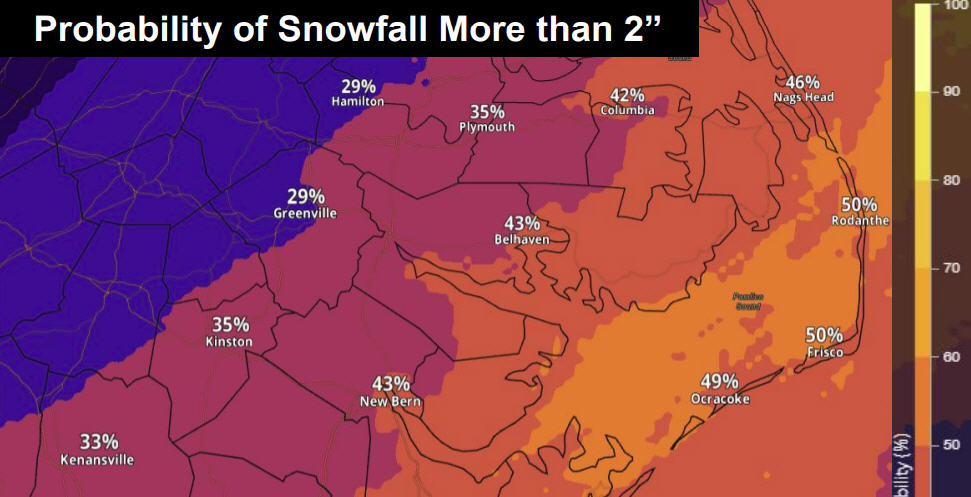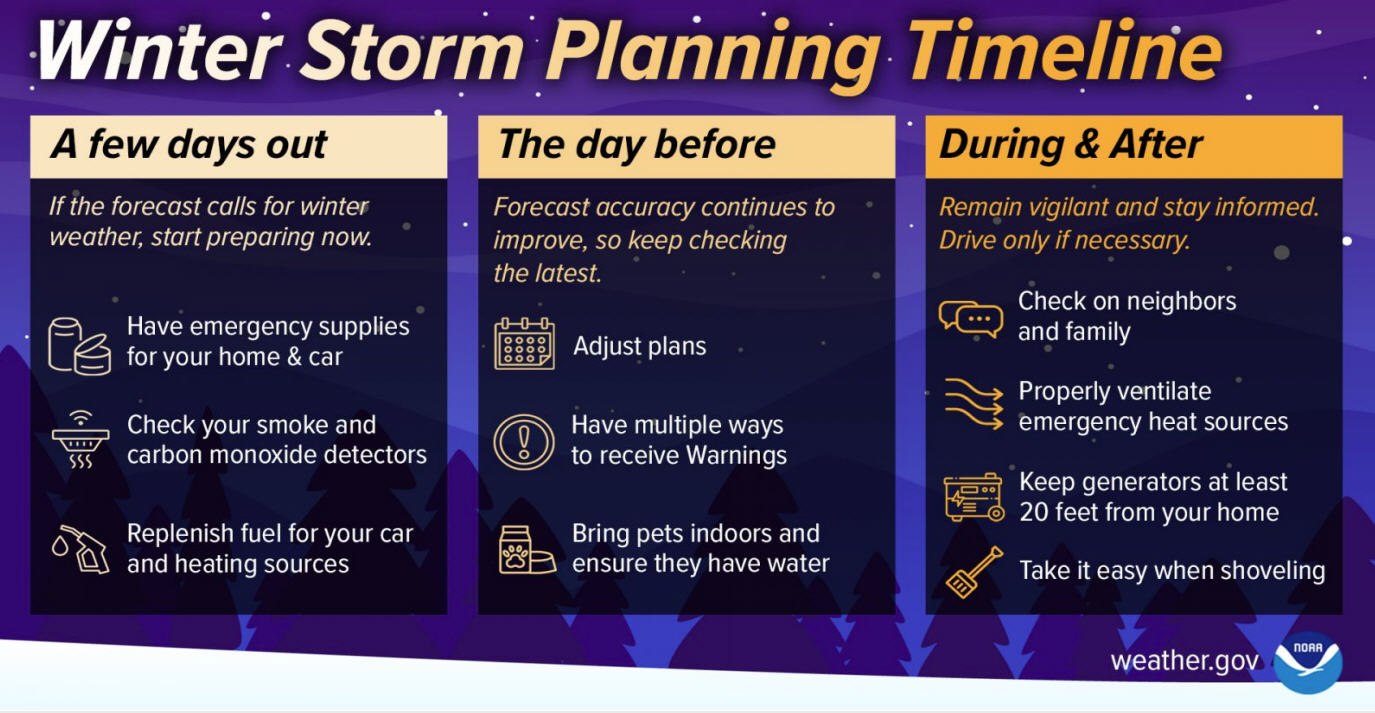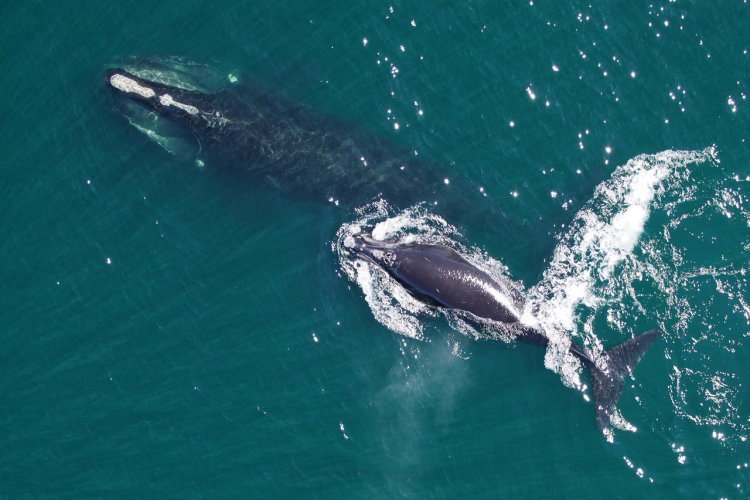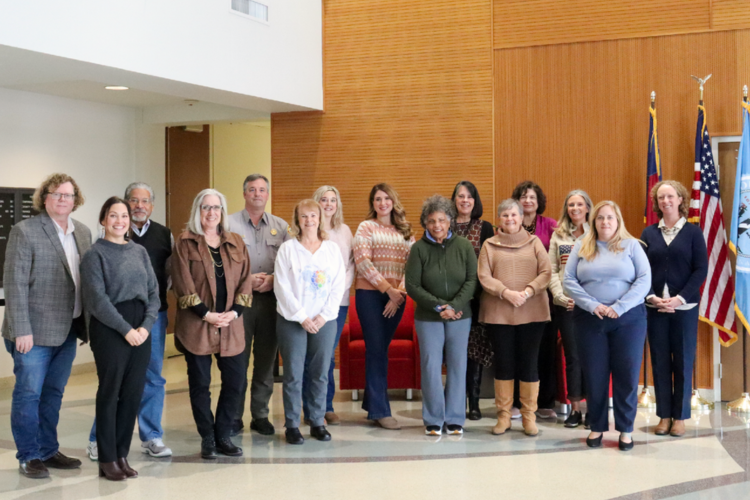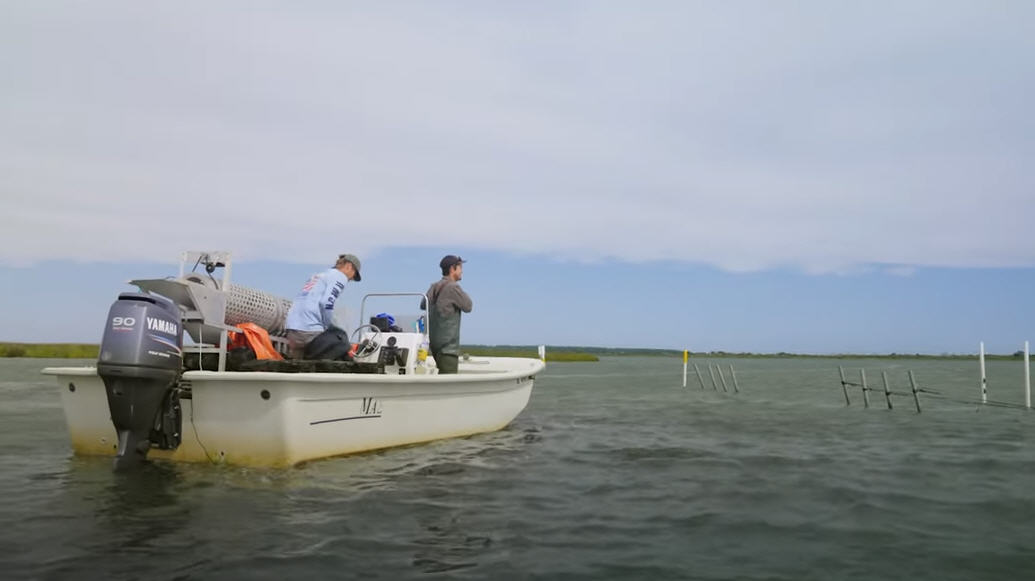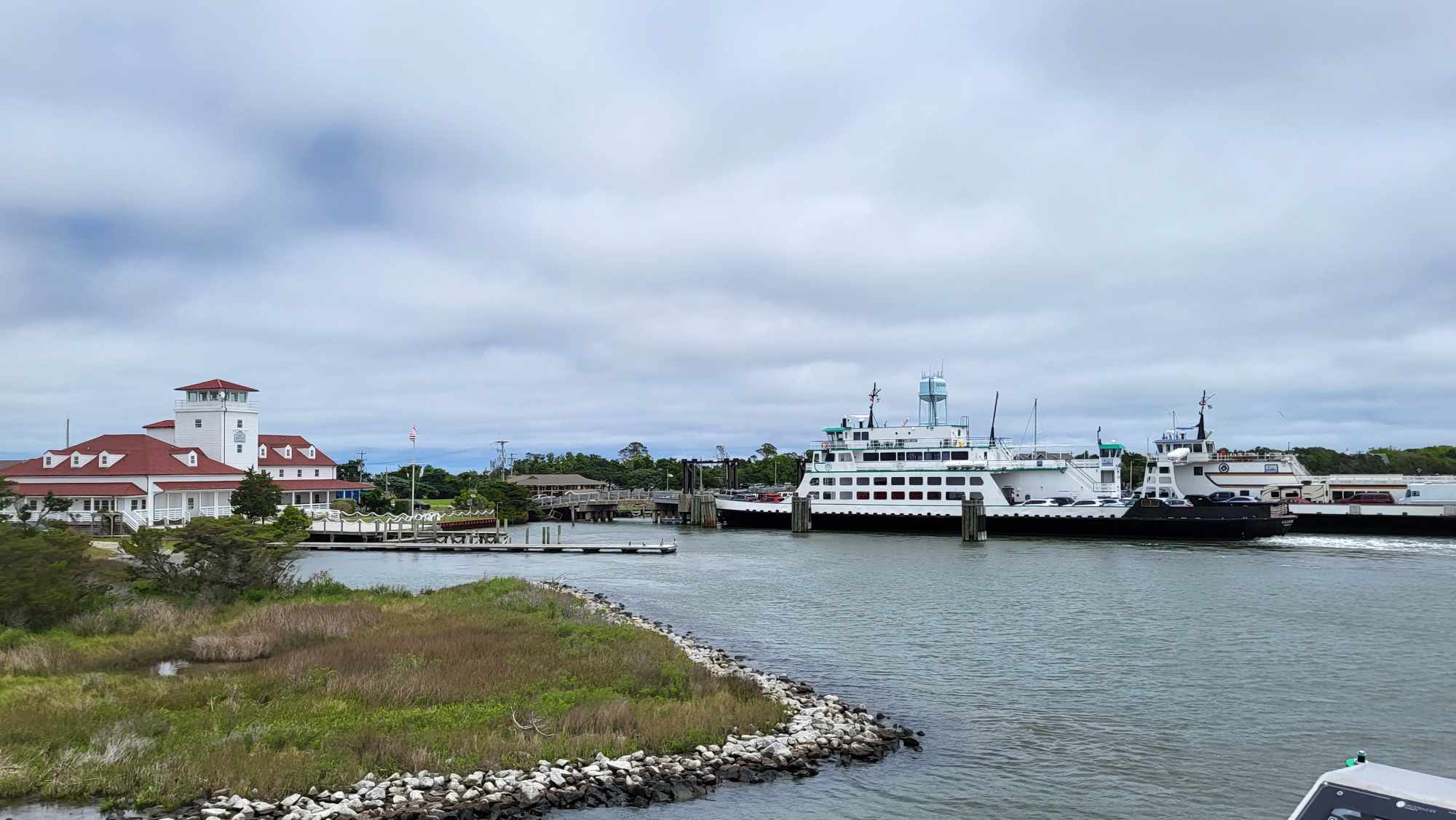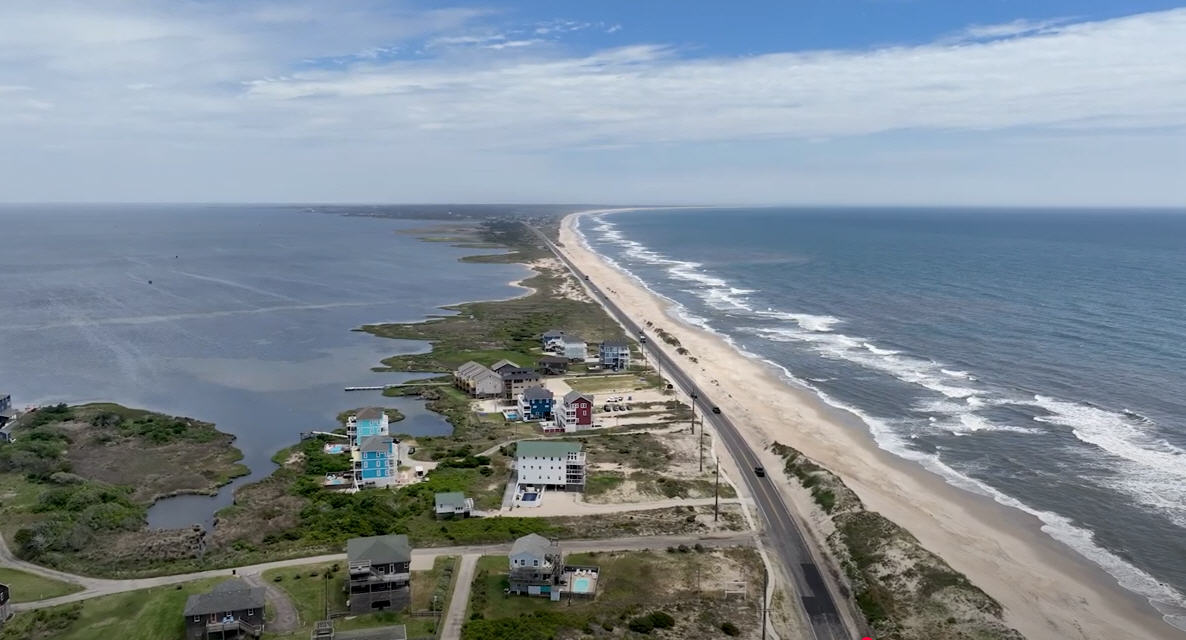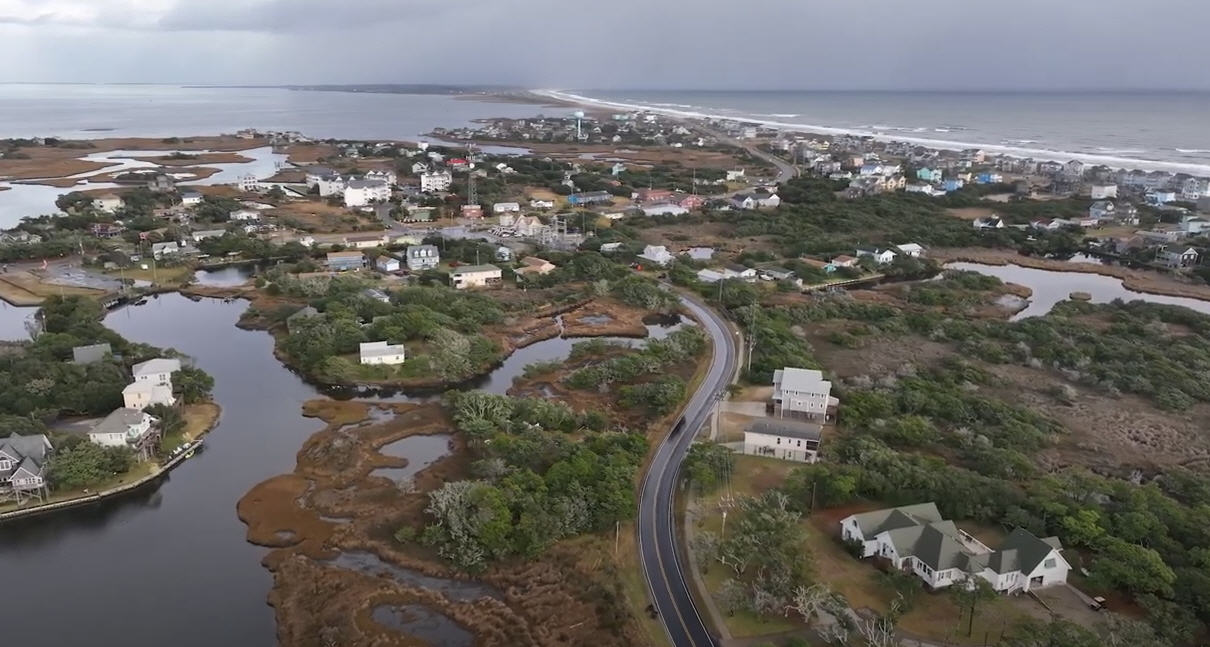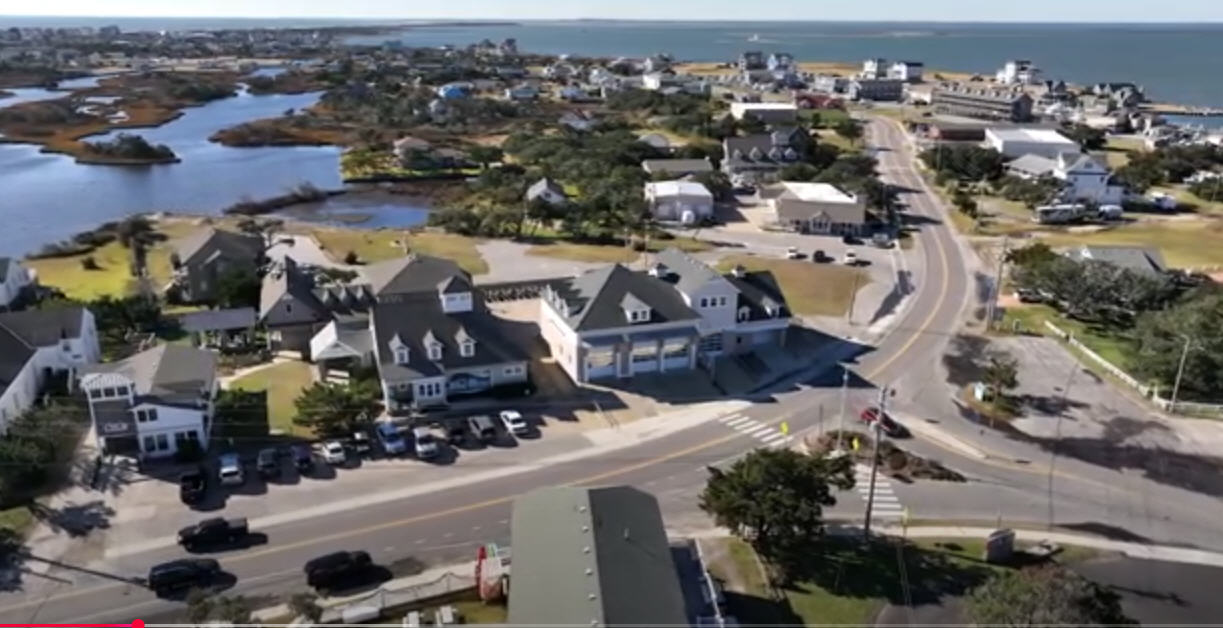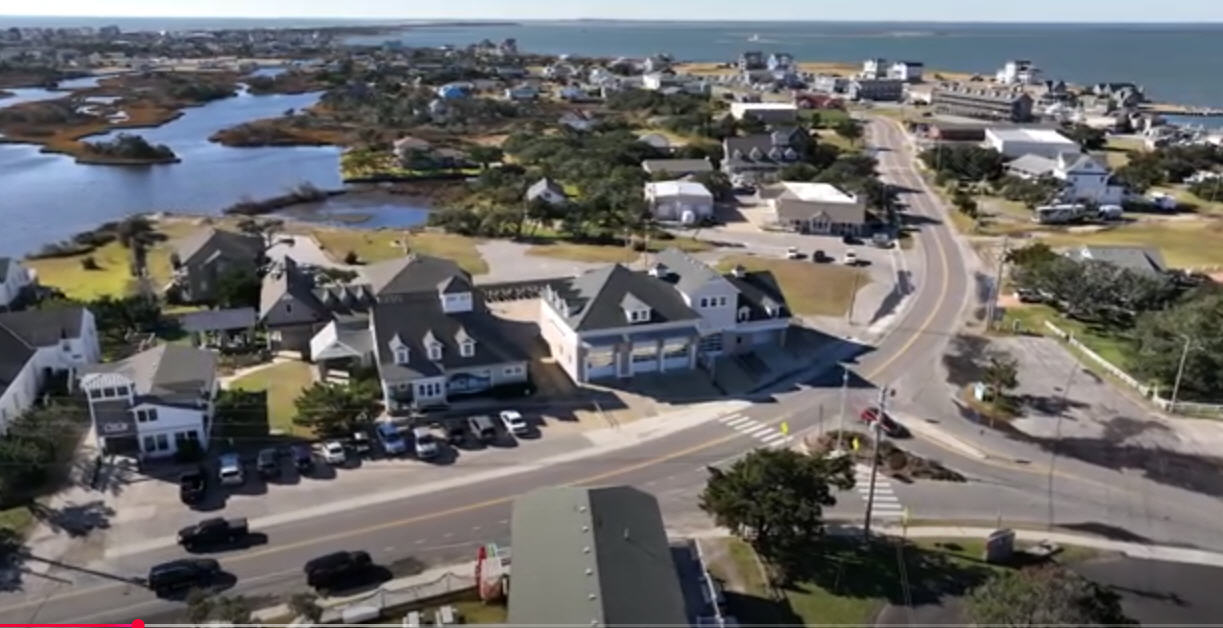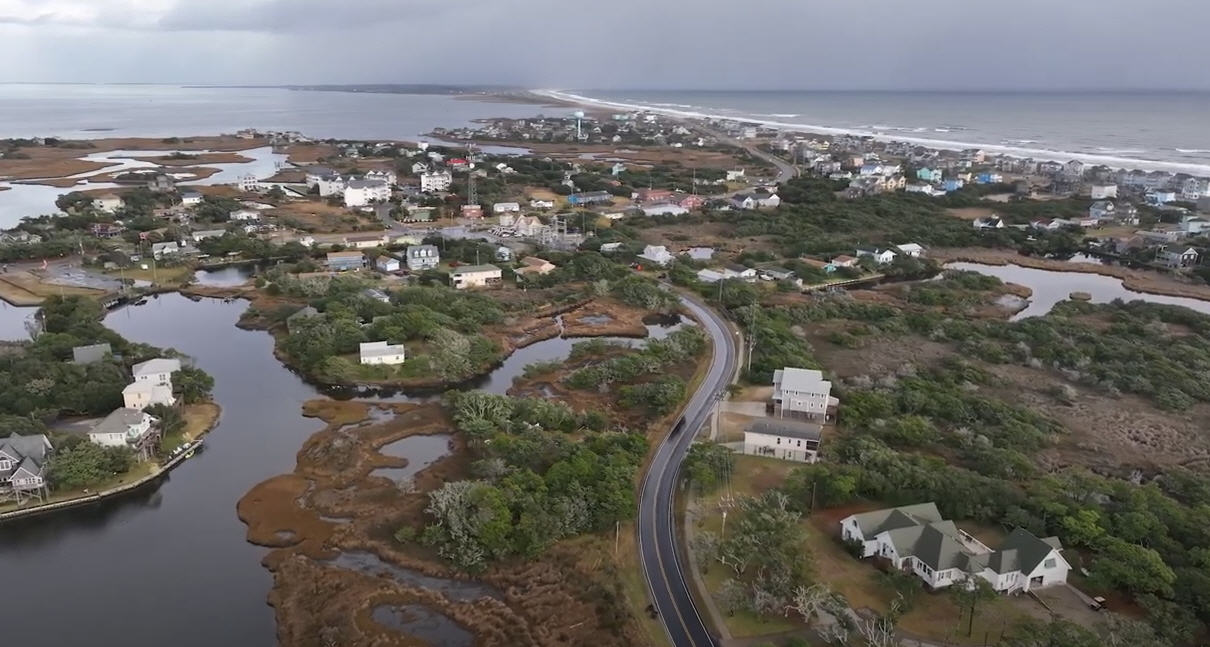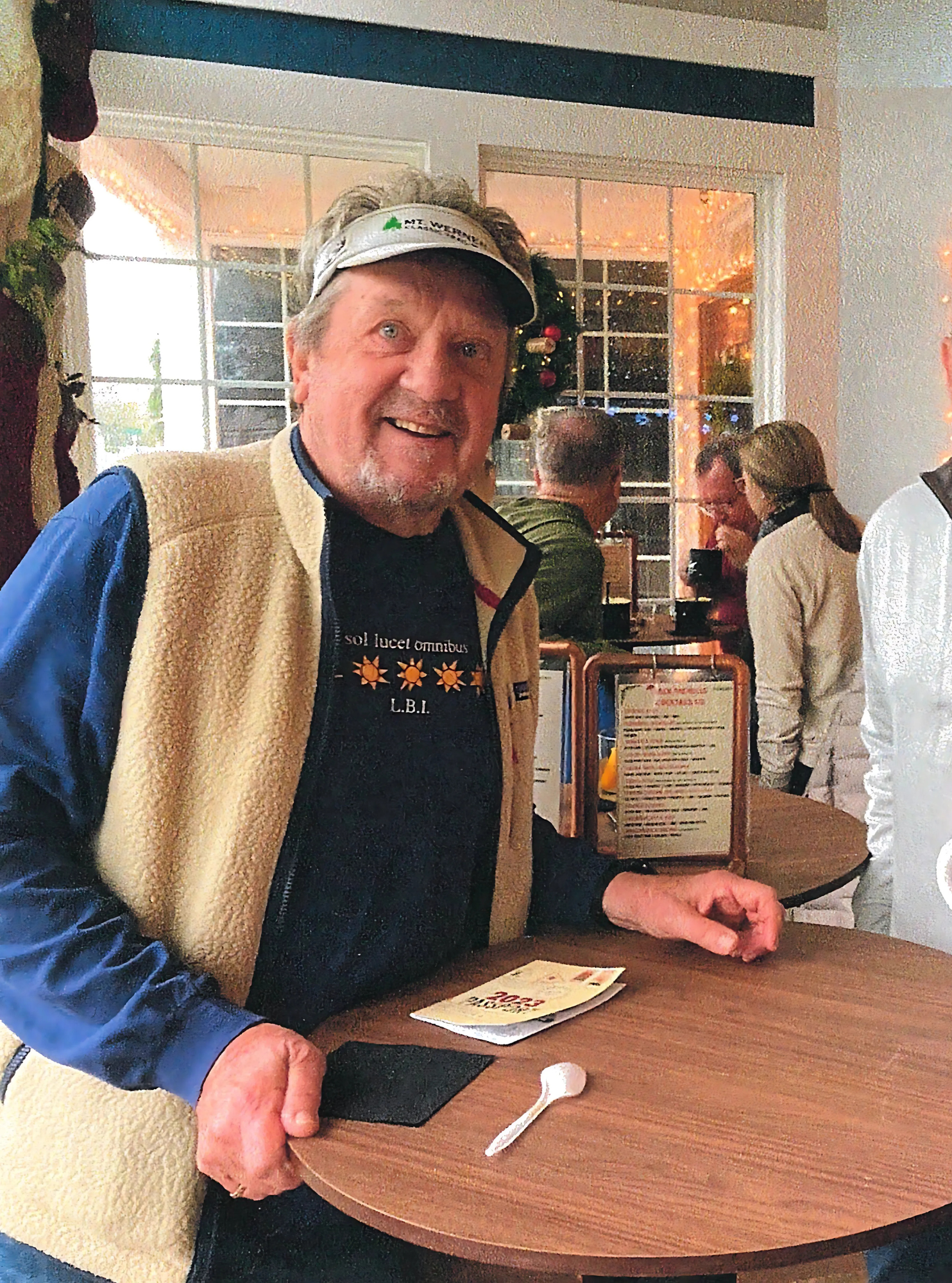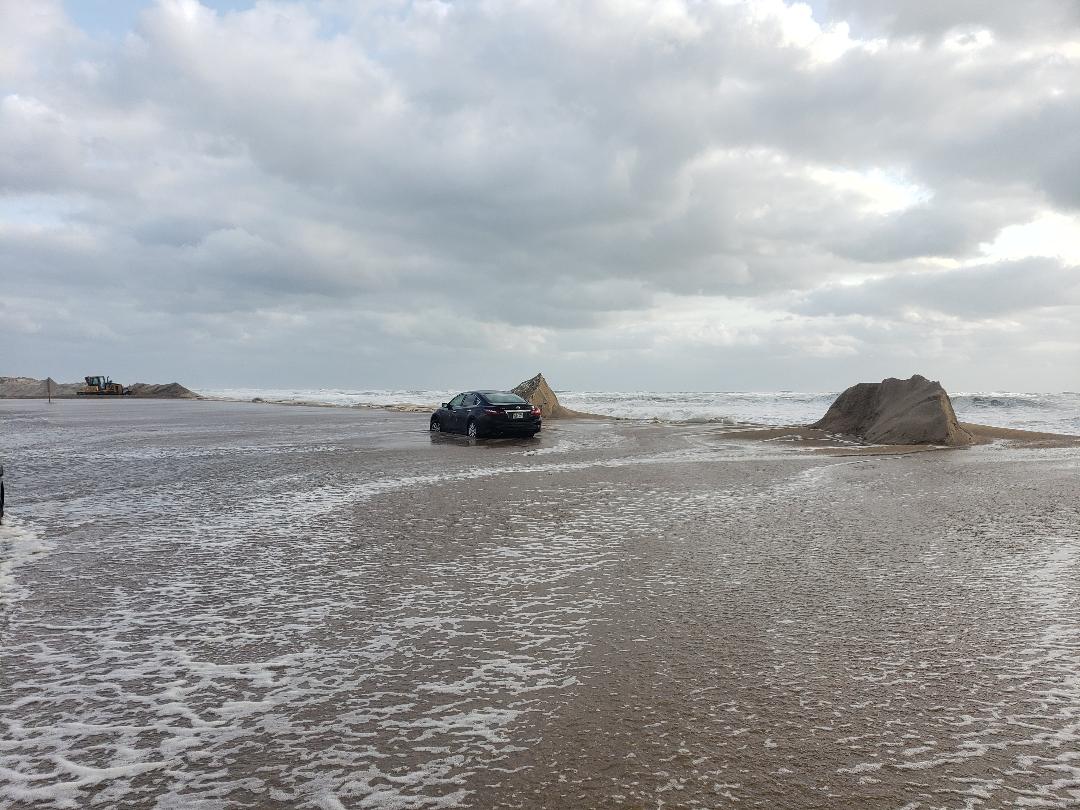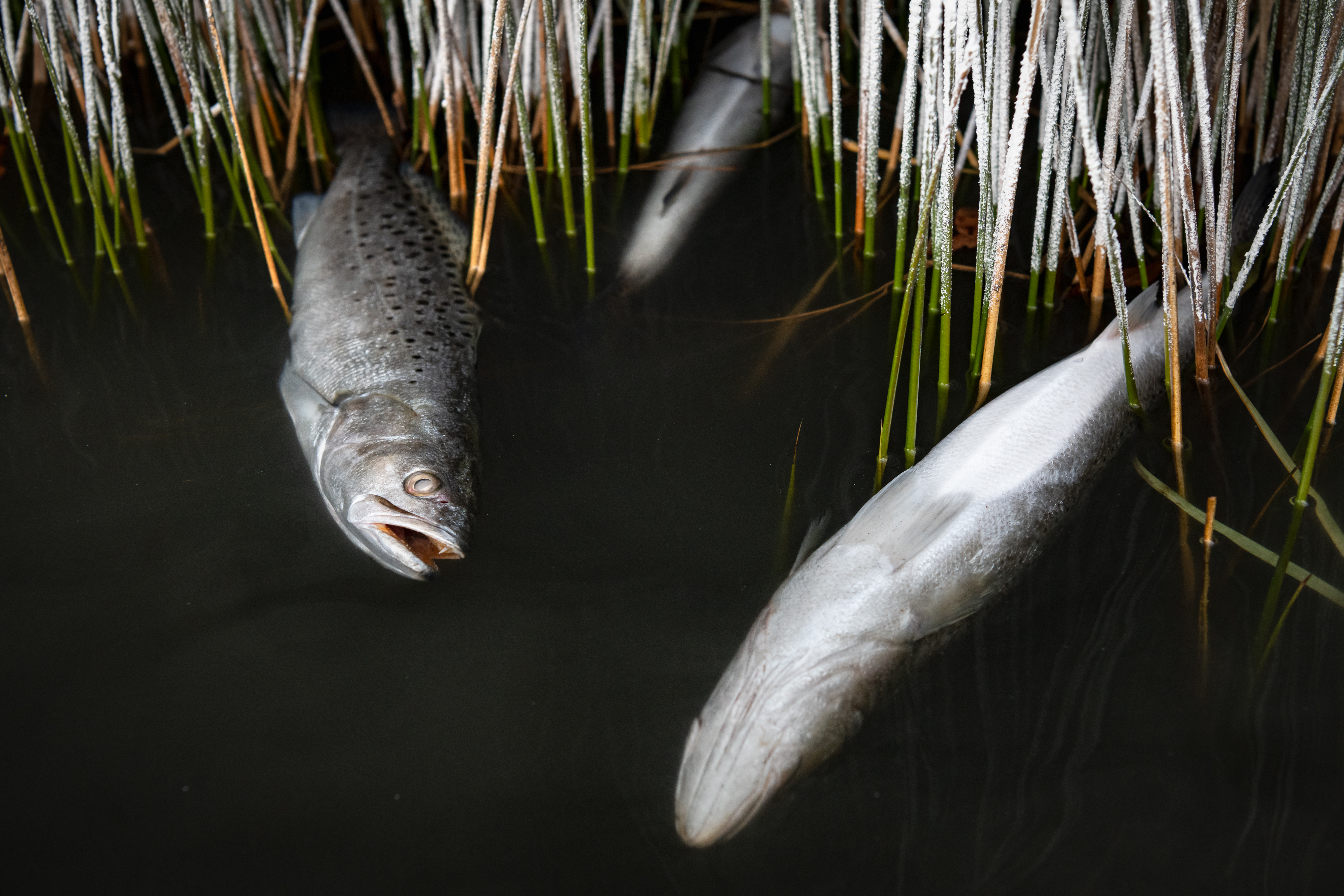Dare clinic provides free basic health care to the uninsured….WITH AUDIO
The nonprofit Community Care Clinic of Dare, which provides free basic health care to Dare County residents who are uninsured or can’t otherwise afford it was the topic of the Radio Hatteras interview show, “To the Point,” on Sunday, April 3.
The show’s three guests who discussed how the clinic operates and who is eligible included Rick Gray, the executive director, and two Hatteras islanders who work at the clinic in Frisco. They are Dr. Jamie Fountain of Outer Banks Family Medicine in Avon, a volunteer, and registered nurse Pam Donahue.
The clinic has operated in Dare County, including Hatteras Island, since 2005. It was founded by a partnership of the Albemarle Hospital Foundation, the Outer Banks Hospital, and the Dare County Department of Public Health.
Today, Gray said, that the clinic is supported mostly by grants, though it still receives some public funding from Dare County and some of the county’s municipalities.
The clinic has two full-time paid staff members — Gray and a family nurse practitioner, whose salary is paid by a grant. There are also a few paid, part-time staff members, such as Donahue, who works at each of the weekly Hatteras clinics.
The rest of the clinic’s staff are volunteer physicians and health care professionals, such as Fountain. Dr. Bentley Crabtree of Outer Banks Family Medicine in Avon also has volunteered since the beginning and Gray said he has been an integral and avid supporter of the clinic. Crabtree is taking time off this year from the clinic while he pursues further medical education — though he is still full-time in the Avon medical center.
The clinic also has — and needs — many volunteers who do not have medical training who fill such roles as receptionists, clerical helpers, and interpreters for patients who speak a foreign language.
The Community Care Clinic serves people between the ages of 18 and 64 who live and/or work in Dare County and have no health insurance and low or moderate household incomes. Since its inception, Gray said, the clinic has seen 3,200 patients — 475 of them on Hatteras Island.
Currently, about 80 patients are being seen in the Frisco clinic, many of them for chronic conditions for which they need to be under a doctor’s care. At least, two-thirds of the patients have at least one chronic disease, Gray said.
Fountain said the patients she sees have such medical conditions as diabetes, high blood pressure, asthma or COPD and need long-term monitoring. For these patients, she said, the clinic provides care they could otherwise not afford — such as regular laboratory testing and medical supplies.
The clinic can also help patients obtain prescription medications, though it dispenses no controlled substances.
Donahue said the clinic can provide basic, non-emergency medical care and some specialty care referrals. The clinic cannot provide urgent or emergency care, obstetrical and gynecological services, or pediatric care. It also does not provide mental or behavioral health care, though it can make referrals to agencies that do.
Another important role the clinic fulfills, both Donahue and Fountain noted, is in the area of wellness education — helping patients get better and stay better.
Patients must apply to be cared for at the clinic and provide information that helps staff members assure that they meet the guidelines for the free treatment. Qualifying, Donahue said, typically takes two to three weeks.
Information on eligibility, applications, and appointments is available by calling the clinic at 252-75-9329. Or you can stop by during clinic hours at the county’s administration building in Frisco. Clinics are scheduled for Tuesday evenings from 6 until 9 p.m. More information is available on the Community Care Clinic’s website, www.dareclinic.org.
Gray says that even though the clinic has been around for 11 years and facilitates about $1.5 million in free medical care and medication each year, it struggles with a visibility problem in the community.
Volunteers, he said, offer information at health fairs, stores, and church and community events, but people he said are always saying, “We’ve never heard about you.”
One of the clinic’s current priorities, he said, it to reach out to the community’s ever-growing Hispanic population.
The clinic also is always in need of financial support and volunteers. You can volunteer your time whether you have had medical training or not, and you can go to the website to donate.
Fountain says she volunteers for several reasons.
“It allows me to use my skills to give back to my community,” she says. “But, it is also personally fulfilling to me…It’s more basic medicine….Just you, the patient, and a piece of paper.”
To listen to the interview on the Community Care Clinic, scroll down to the “To the Point” logo and click on the arrow.
“To the Point” airs on the island’s community radio station, FM 101.5 , at 5 p.m. on the first and third Sunday of each month. It is repeated on the second and fourth Sunday. Those who don’t live on Hatteras can listen to the show on Sundays through live streaming at www.radiohatteras.org.
MORE ABOUT RADIO HATTERAS
Radio Hatteras is Hatteras Island’s community, non-profit radio station and depends on grants, memberships, and underwriting.
It broadcasts around the clock with news — including such things as surfing and fishing reports — community announcements, music, and special programs. The station is also now streamed live. To listen, go to www.radiohatteras.org.
Our community radio station also needs your support, and you can give that by purchasing a membership or by underwriting the station if you are a business or another community non-profit.
Radio Hatteras memberships are $50 for a family, $25 for an individual and $10 for a student. Mail memberships and other contributions to Radio Hatteras, P.O. Box 339, Frisco, NC 27936.
E-mail info@radiohatteras.org or call (252) 995-6000 for information about underwriting opportunities.


